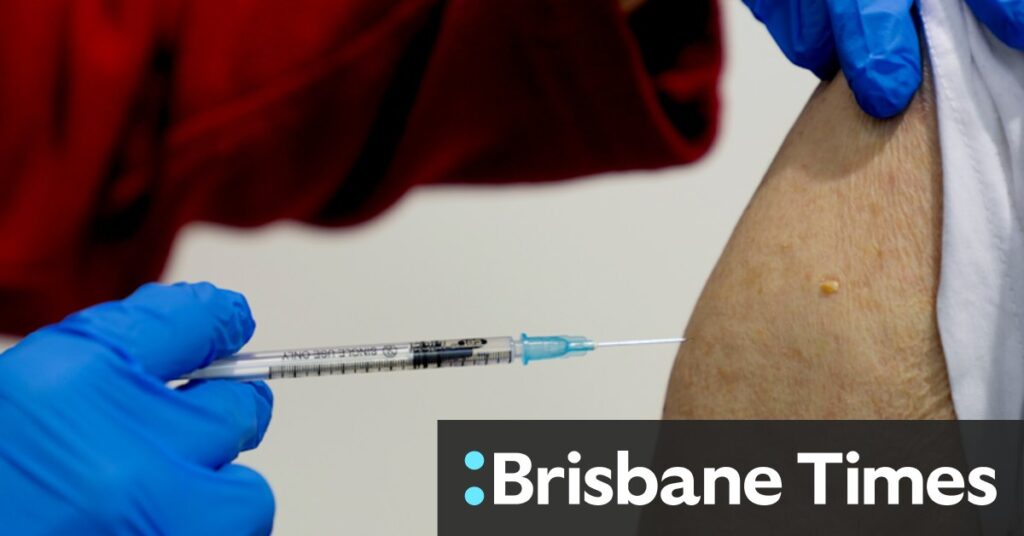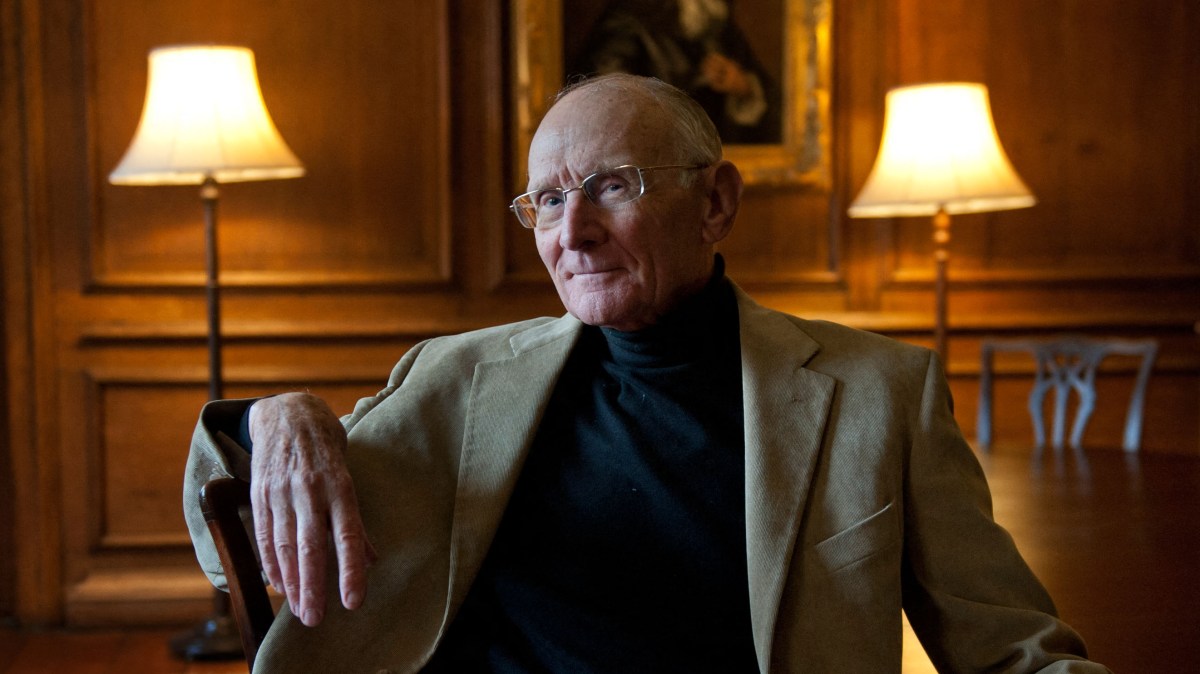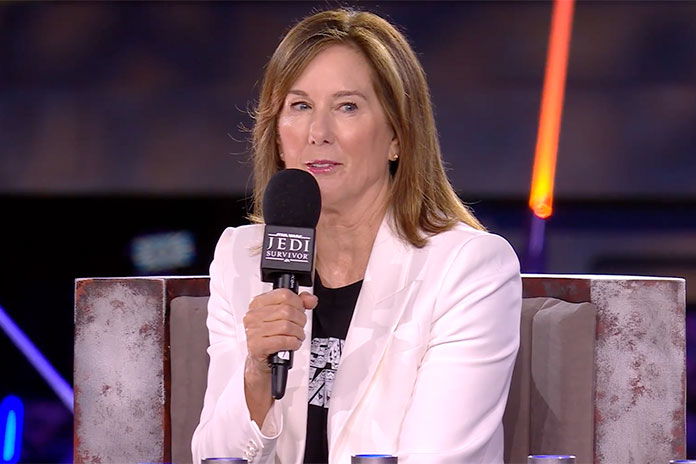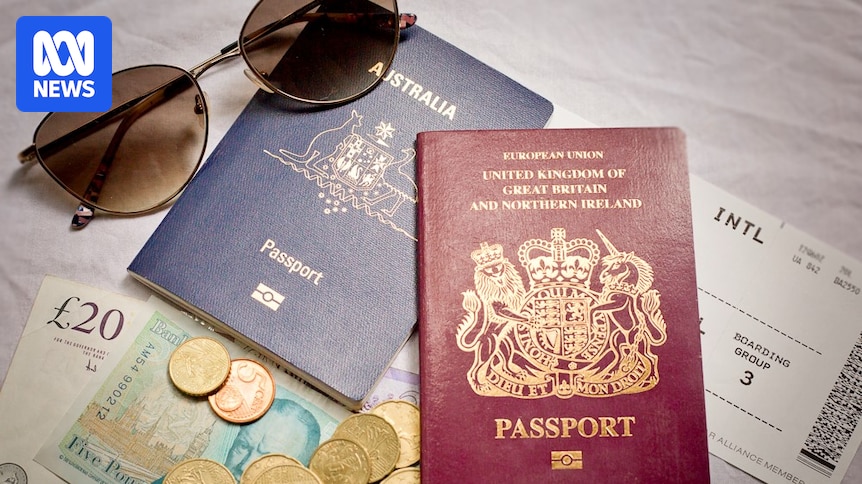
Health officials in Queensland are on high alert as the state grapples with a potential surge in flu cases and hospitalizations. This concern arises just ahead of the Ekka, Queensland’s largest annual agricultural show, which is expected to draw large crowds. The latest data reveals that Queensland currently holds the lowest flu vaccination rates in Australia, a worrying trend that could exacerbate the strain on the state’s health system.
According to Queensland Health, less than 28 percent of the state’s population is vaccinated against the flu. Alarmingly, 90 percent of the nearly 44,000 flu cases reported this year involved unvaccinated individuals. Of the nearly 4,300 people hospitalized due to the flu, 86 percent had not received the vaccine. These figures underscore the urgent need for increased vaccination efforts.
Rising Flu Cases and Hospitalizations
Queensland Chief Health Officer Dr. Catherine McDougall has reported a steady rise in both flu cases and hospitalizations over recent weeks. The period between July 21 and 27 saw the highest number of flu cases recorded in a single week this year, with 3,902 new cases. This spike is particularly concerning as it coincides with the peak flu season and the upcoming Ekka event, which traditionally sees a significant influx of visitors to Brisbane.
The announcement comes as health officials urge the public to get vaccinated, highlighting the critical role vaccines play in preventing severe illness and reducing hospital admissions. Dr. McDougall emphasized that the current low vaccination rates could lead to increased pressure on hospitals, which are already dealing with the ongoing challenges posed by the COVID-19 pandemic.
Understanding the Vaccination Gap
Queensland’s struggle with low vaccination rates is not a new phenomenon. Historically, the state has faced challenges in achieving high vaccination coverage, partly due to vaccine hesitancy and logistical barriers in reaching remote communities. This year, however, the gap appears more pronounced, raising questions about the effectiveness of public health campaigns and accessibility of vaccines.
Experts suggest that a combination of factors, including complacency following the COVID-19 pandemic and misinformation about vaccine safety, may be contributing to the low uptake. Public health campaigns are being intensified to address these issues, with a focus on educating the public about the benefits of flu vaccination.
Expert Opinions and Recommendations
Health experts are calling for immediate action to boost vaccination rates. Dr. Sarah Johnson, an epidemiologist at the University of Queensland, stressed the importance of widespread vaccination to protect vulnerable populations, such as the elderly and those with underlying health conditions. “Vaccination is our best defense against the flu. It not only protects individuals but also helps prevent the spread of the virus within the community,” she stated.
Meanwhile, the Queensland government is exploring strategies to improve vaccine accessibility, particularly in rural and remote areas. Mobile vaccination clinics and community outreach programs are among the initiatives being considered to ensure that vaccines reach those who need them most.
Looking Ahead: Preparing for the Ekka
As the Ekka approaches, health officials are implementing measures to mitigate the risk of a flu outbreak. Increased sanitation protocols, health advisories, and vaccination booths at the event are part of the strategy to safeguard public health. The success of these efforts will be closely monitored, as they could serve as a model for managing large public gatherings during flu season.
The move represents a critical juncture for Queensland’s health system, with the potential to influence future vaccination strategies and public health policies. The coming weeks will be pivotal in determining the effectiveness of these interventions and the state’s ability to handle the dual challenge of the flu and the Ekka.
In conclusion, Queensland’s low flu vaccination rates pose a significant challenge as the state braces for the Ekka and peak flu season. The situation underscores the need for robust public health initiatives and increased community engagement to enhance vaccine coverage and protect public health.






